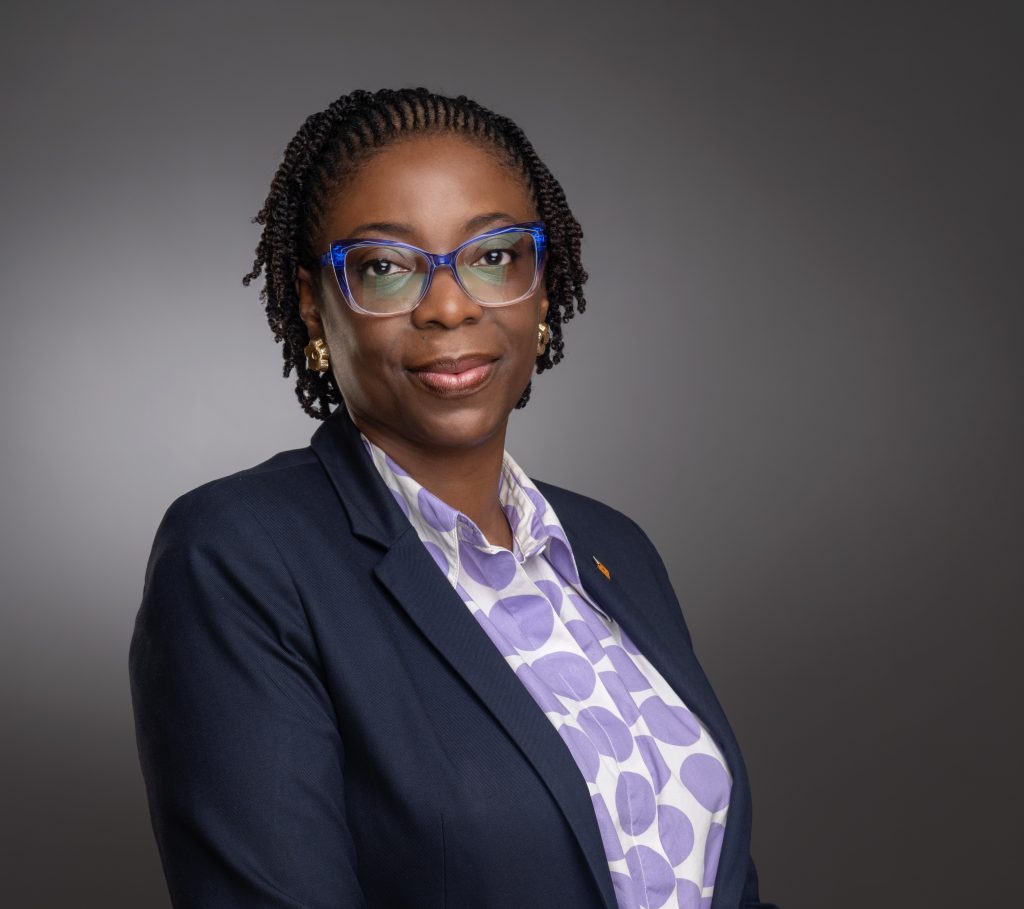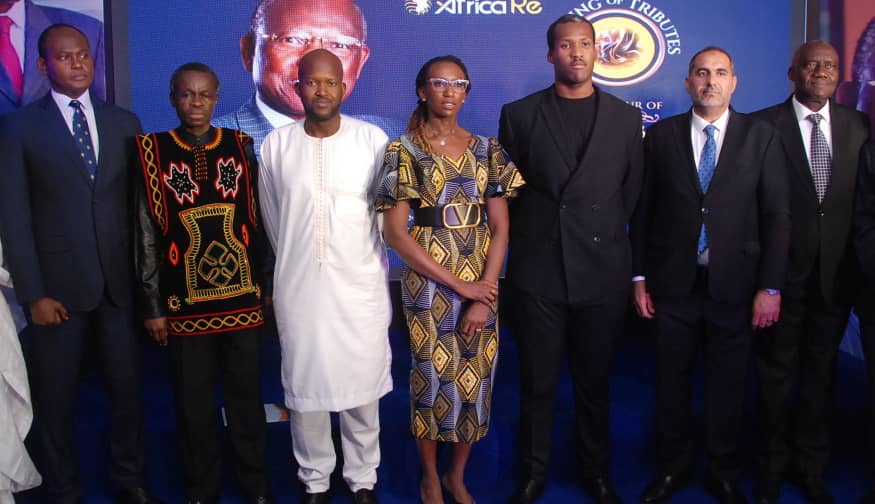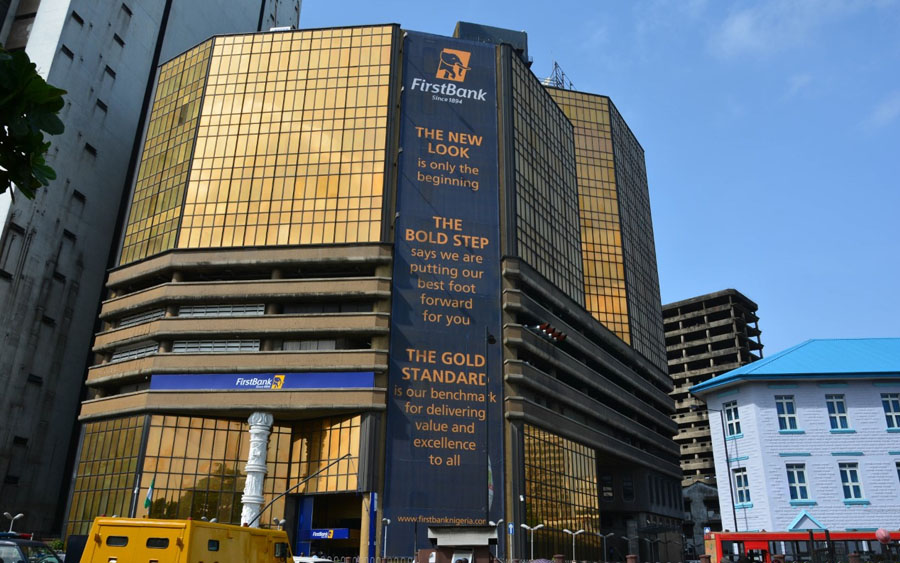Abdulrazak Isa Kutepe, once a gubernatorial aspirant in Kogi State and chairman/CEO of Waltersmith Petroleum Oil Company, in this interview with Premier newspaper explains that Nigeria would fare better economically if we could focus on oil and gas as raw materials and not as finished products.
How have the policies of the Buhari administration affected the oil and gas sector?
I think, as a government, the policies in place now have been quite impressive and innovative. I think during the administration of Dr Emmanuel Ibe Kachikwu, he has attempted to bring in his private sector experience in interfacing with the agencies and tried to bring up policies that, they hope will grow and resolve some of the protracted challenges the industry has been through. He has come up with the seven big wins, which I am sure you are familiar with. We have the oil and gas industry policy, gas flare policy and other initiatives. They are expected to resolve certain issues especially around the sector.
Have these policies been implemented?
They are in the process of being implemented. The only reason for the delay is the cash call issue. Nigeria has been bedeviled with the cash call issue, it has led to inability of the government to meet up with its obligation to the JVE to continue investment in the oil and gas sector.
Are the joint ventures working in Nigeria?
They are working, that is why you have organisations like Total, SHELL and the rest. The JVEs are with the IOC and a couple of indigenous companies. They are responsible for the oil that is being produced in Nigeria today. If they are not working, there will not be oil production. What Kachikwu has done is to help improve the quality of production by some of the policies he introduced especially around resolving the call of cash calls. You don’t hear anything about cash call anymore because a new structure has emerged through which the backlog has been cleared. Going forward, a new funding mechanism has been adopted where government does not have to come up with money directly, the JVEs come up with funding to invest and they recover their moneys from production. Governments will no longer be saddled with the responsibility of cash calls like in the past.
Some Nigerians have called on the FG to sell Nigerian refineries, what is your take on this?
That is a topical issue because a number of different perspectives have come up. Some have said, don’t sell the refineries, rehabilitate them and get them functioning, once they start working, concession them to a private firm that will operate. So technically speaking, government has not sold the refineries, but you will now have a private contractor who is running it for government.
My preferred view is that, government sells some equity of the refineries, but not everything to the person that will operate the refinery. So, if you identify a concessioner, who has the ability and tract record of managing a successful refinery, then give him some parts of the refinery. That way, you are guaranteed that as an operator, you also have a stake in the venture and at the same time, government has not sold Nigerian asset away. So, there is a balance and you will have continuous, efficient refinery because the person investing will ensure that he makes his money back. The government has been struggling right now with whether or not to concession the refinery and then, they have been struck because they have not even been able to reach some form of agreement.
There have been talks on modular refineries; does Nigeria need to start investing in that?
I am building a modular refinery. My view is that, the modular refinery concept is part of the industrialisation concept of our country. Modular refinery is akin to what I call the journey of a thousand miles that starts with one step. Modular refineries can come in to serve specific needs. For example, we have our modular refinery that is located right on top of our oil field.
So, we are producing crude oil and putting it inside the modular refineries. It will refine it and trucks will come and take it from there and we will be selling our diesel just within our operating area. Once you start with that, you can now start talking about expanding it because you will start generating money, which will be reinvested in the company to increase the capacity of the plant. You can start with a modular plant of 5,000 capacity and then you will go up to 30,000 and keep going. It enables you to monitor your finance, recruit lots of people especially indigenes of the location, and it energises a lot of businesses. People who have tanker trailers will get these products. And take them to the marketers. It will help to bring down the cost of diesel. It will not be as expensive as the one being imported into Nigeria. Those are the advantages that a modular refinery can bring.
It is generally believed that the FG does not know the quantity of crude that is explored and exported from Nigeria. If this is true, how do we change this trend?
I think it has been changed now since Kachikwu came in. They have adopted a new technology to ascertain how much oil is produced in Nigeria and how much is exported, where the oil is going and how much really arrives there. They monitor via satellite now and it monitors every vessel that comes to Nigeria, the quantity of crude it has taken and where it is going.
Crude theft is seen as a major problem of the industry in Nigeria, what is your take on this?
These new initiatives will help to curtail that. We have suffered from that and its one of the consideration for setting up modular refinery. Our crude was being stolen within our operations zone. So, now, with modular refineries, you won’t expose your crude through the pipeline where it can be stolen, that is another way you can help to mitigate crude theft. It’s something that will have to be addressed as a security challenge.
Giving the opportunity to formulate a template on how to stop crude theft, what would it be?
It has to be holistic. We must find out why people steal crude by looking at the conditions in the Niger/delta. You have the criminals who steal the crude to sell, there are others who burst the pipelines to go and cook it by creating a local refinery. Those are the two key players that I see in that place. Of course, stealing of crude on a large scale requires technology and to stop it also requires the deployment of technology, effective surveillance, arrest and prosecution of people who are caught. It would really require investment in the appropriate technology and recruitment of the people. Government, in partnership with operatives themselves, can stop this trend. Government must also invest in social programs that would alleviate poverty and improve the overall living condition of its citizens, invest in infrastructure in the Niger/delta to ensure that, people are gainfully employed. These activities have an economic undertone. Law enforcing, surveillance and involvement of technology are some of the things that government must do to ensure that these things are checked.
Has subsidy helped the oil sector in Nigeria?
It has to go because nobody is benefiting from subsidy except for a few people. Majority of the people designed to benefit are not benefitting from it. Subsidy is not helping anybody. The moment you leave Abuja, there is nowhere you go that you get petrol at a subsidised rate. So, the poor people the government is trying to protect are not getting the benefit, yet government is paying millions every year. Government must do something about it. If you want to invite investors to come and put their money, they must be reassured that their money would come out when they refine it.
The world is gradually moving away from oil, and there are fears that if that happens Nigeria will be in trouble what is your take on this?
Of course the global energy architecture is changing, there is renewable energy and gas, which will now take preeminence over oil. However, hydrocarbons will still remain as raw materials for chemical products that we still need.
What is wrong with our structure is that, we are just taking the raw crude and exporting it. The countries where these oil goes to have industries where they use it, places where they produce over 2,000 products from the crude oil as raw material. For example, some of the things we wear are all derivatives for oil. So, if we now want to look at how we can set up industries that can use oil, then we will reposition ourselves as a nation. We will now start reproducing those things from the product that we export because we will have added value to these things. So, yes, the dynamics are changing but we also need to adopt quickly. We need to invest in industrialisation to utilise what we have.
Is it true that if government explores the gas sector, it will be more lucrative than the oil sector?
This is all about the fundamental shift in how oil is perceived. We must have the mindset that oil and gas are raw materials. It is not an end in itself. The way we have treated oil and gas in Nigeria is that, it is a final product. So, we produce the crude oil, export it and earn the dollars and that is it. The only way we can have the kind of impact we are talking about is when you use them as raw materials to produce other things. You can derive lots of things from oil when you add value to it.
It’s not necessarily producing the oil and exporting it, we need to move away from there. There is practically nothing we use that we don’t derive from oil and gas. Some pharmaceutical products are derivatives of oil, which is why developed countries consume most of these products. Just like we export cocoa and go and buy chocolate and then they tell us we can’t produce chocolate here because their standards cannot be met.
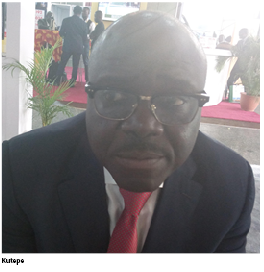

 News5 years ago
News5 years ago
 News5 years ago
News5 years ago
 News5 years ago
News5 years ago
 News5 years ago
News5 years ago
 Politics5 years ago
Politics5 years ago
 Politics5 years ago
Politics5 years ago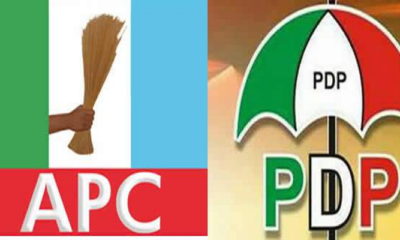
 Politics5 years ago
Politics5 years ago





